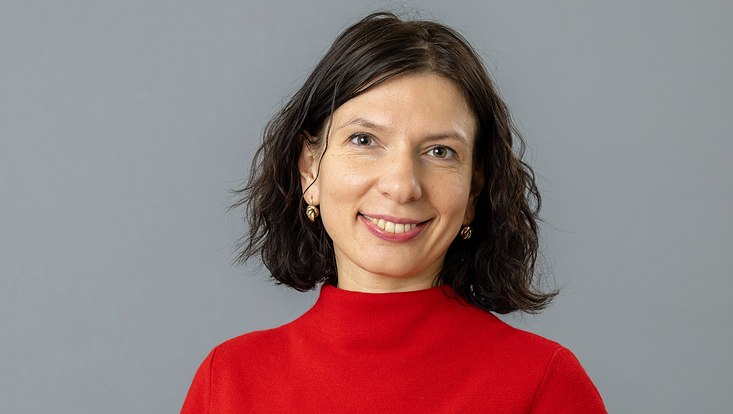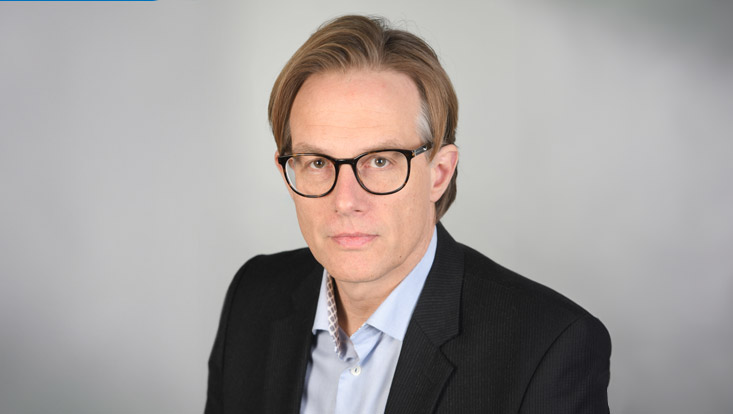Welcome aboard!“Interpreting reality is not an exclusively intellectual act.”Prof. Dr. Sebastian Holzbrecher strengthens the Faculty of Humanities.
16 April 2024, by Holzbrecher/Red.

Photo: Private
Every year, Universität Hamburg welcomes numerous new researchers. This series introduces them and their areas of research. This time: theologian Prof. Dr. Sebastian Holzbrecher.
Prof. Dr. Sebastian Holzbrecher joined Universität Hamburg in summer semester and is now a professor of Catholic theology at the Faculty of Humanities. Previously, he worked as a senior lecturer at Universität Mainz and deputy chairholder at Universität Hamburg, the University of Cologne, and the University of Regensburg.
My research area in 3 sentences:
As a Catholic theologian, I am concerned with the scholarly discourse on God and individual and collective processes of belief in the past and present. My research focuses, in Christianity’s 2,000-year history, on the Early Modern Period and the twentieth century. The processes of confessional differentiation during the Reformation and contemporary Catholic history in eastern Germany are my main research areas.
This is how I explain my research to my friends:
For example, I look at why people in dictatorships and tyrannies express opposition and risk their lives. What role does their personal belief in God play, or the conviction that fighting for the poor and disadvantaged is meaningful when the rest of the world sees these as superfluous and futile?
In Hamburg, the city, and the University, I am looking forward to:
The Alster or the Elbe—that is a popular question. Why just one or the other when you can have both in Hamburg? Sundown at the Landungsbrücken and a stroll along the Alster: these are my personal favorites in Hamburg. That’s why getting my sailing license is near the top of my to-do list for the city. At Universität Hamburg, I feel a sense of awakening at many levels, joined with respect, ambition, and openness. I would very much like to be part of this.
These are my plans at Universität Hamburg:
Together with my colleagues, I would like to further develop the Institute of Catholic Theology, initiate new degree programs, and strengthen cooperation in the recently founded Department of Religions. I want to use joint research projects, courses, and field trips to further forge an interdisciplinary theology.
This is why students should attend my courses:
Medieval European universities were founded as communities of teachers and students. In their seminars, but also beyond that, they not only shared knowledge but life, because interpreting reality is not exclusively an intellectual act. In academic teaching, I am principally concerned with joining the dots and sharing knowledge and showing how to critically reflect upon ideas, concepts, people, and developments.
My research is important for society because:
After almost 35 years of German unification, the discussion about the political, economic, and social disparities between East and West Germany are as current as ever. When will the two ever become one again or has reality already overtaken the (public) talk of inner unity?
Within the scope of my research on contemporary Catholicism, I would like to conduct comparative studies to sharpen focus on the fact that in 1990, 2 German countries and churches were not reunited like twins separated in 1945. Prior to that, there were already marked differences between the territories to be divided. The properties and peculiarities of eastern and western Germany, their respective strengths and weaknesses, are especially noticeable when you compare them. This comparative view sensitizes students to remaining differences as much as it critically illuminates reform possibilities in the unification process.


